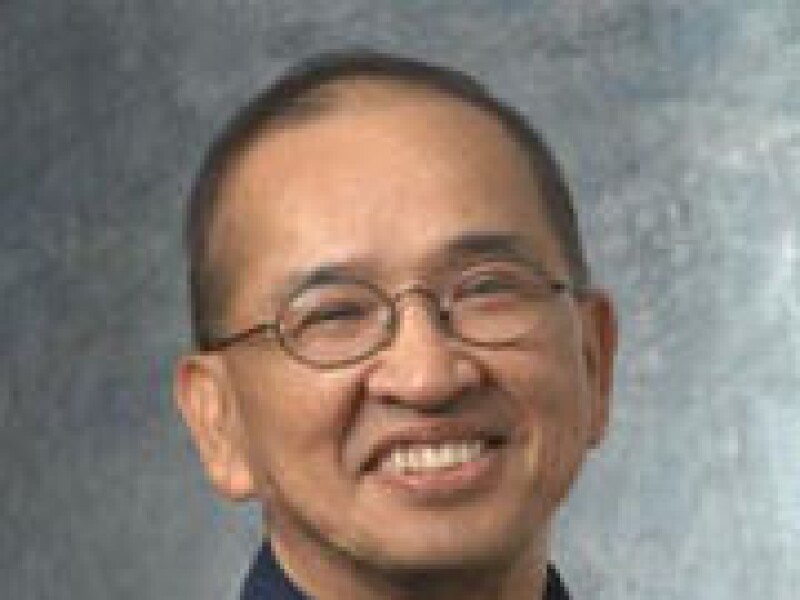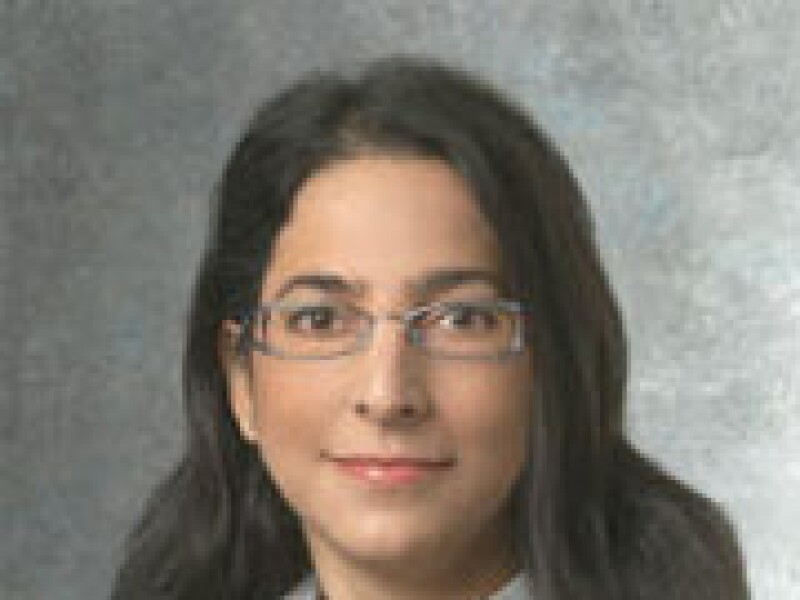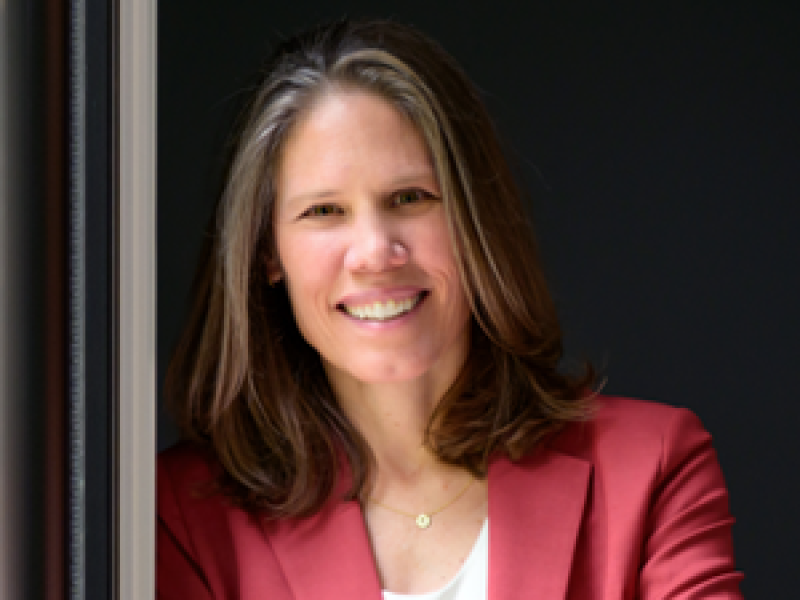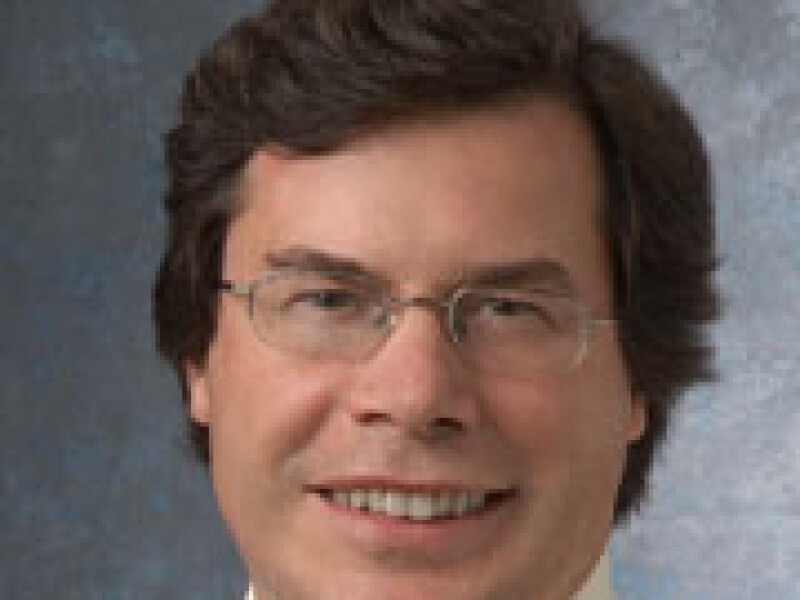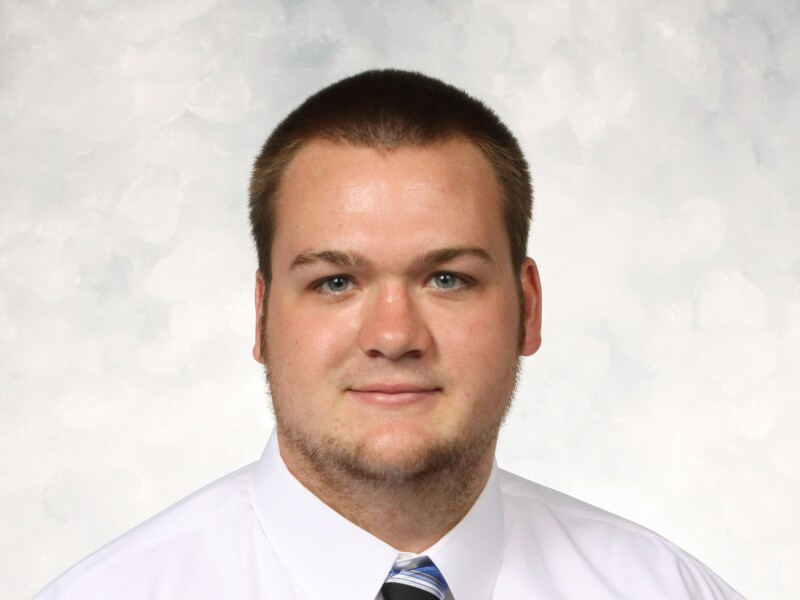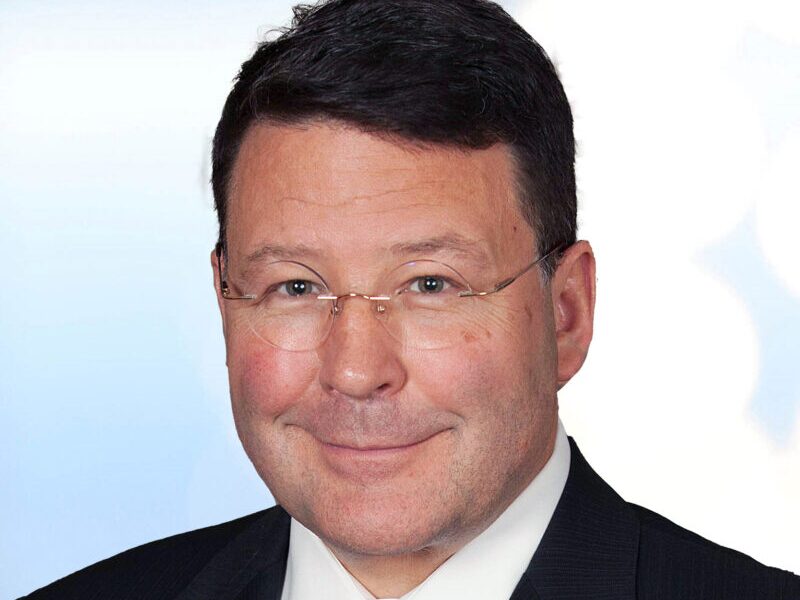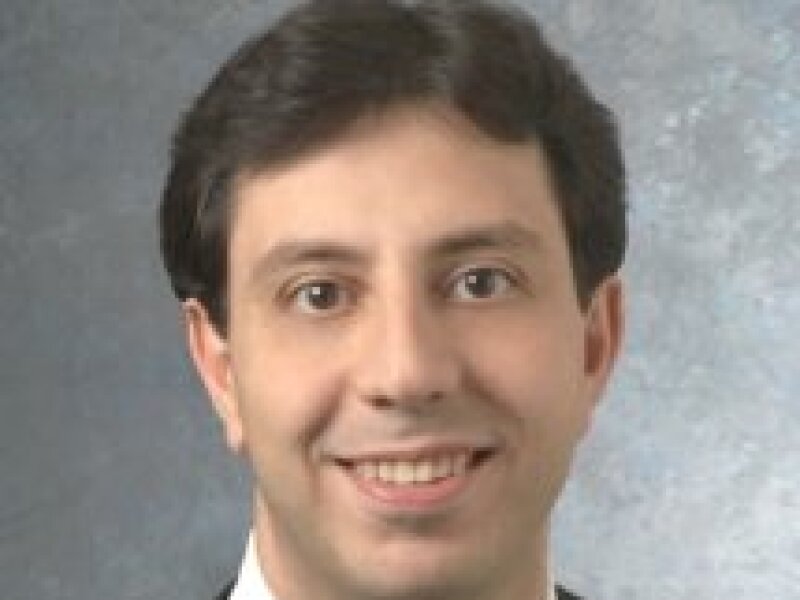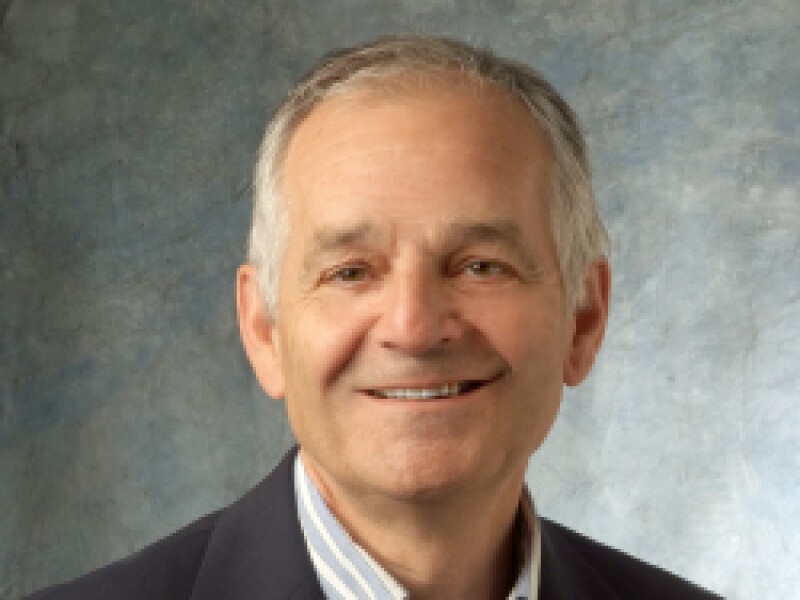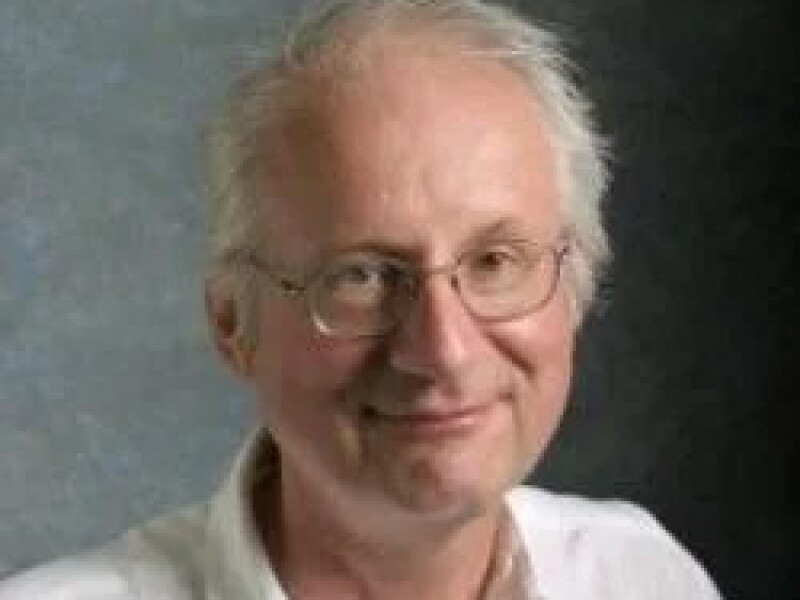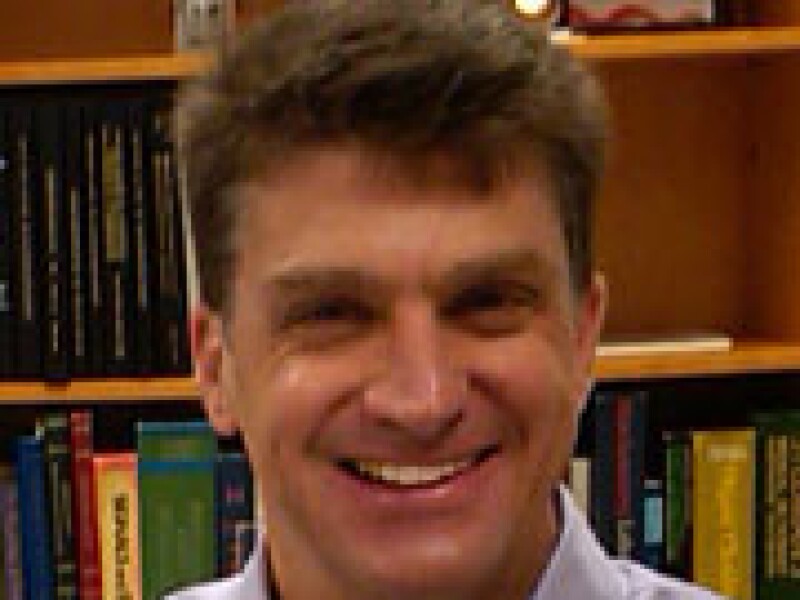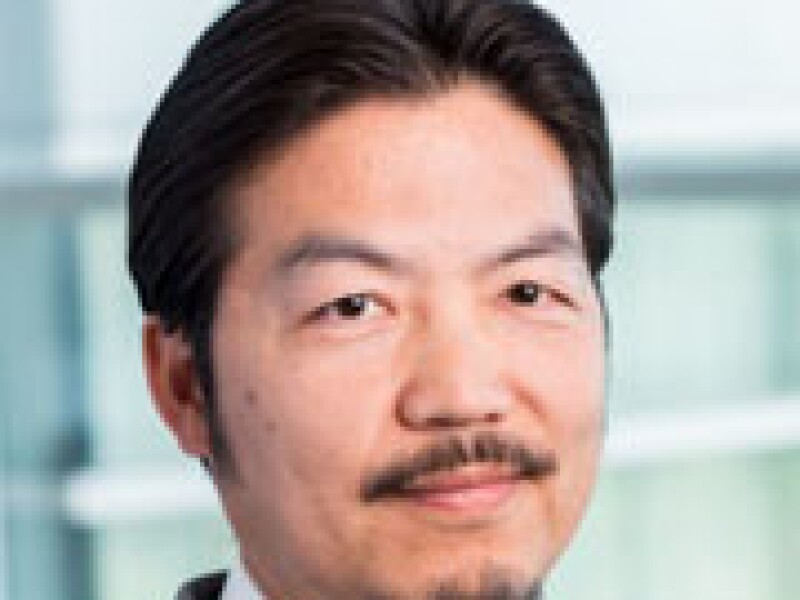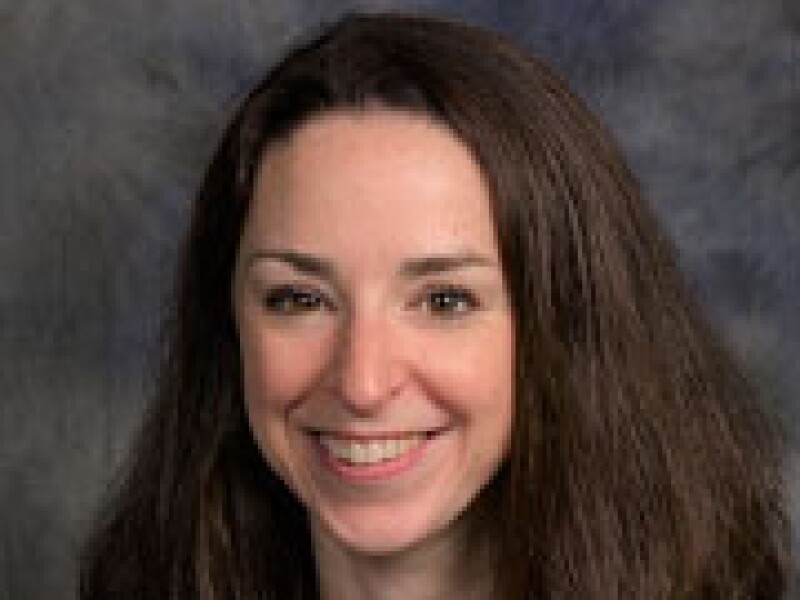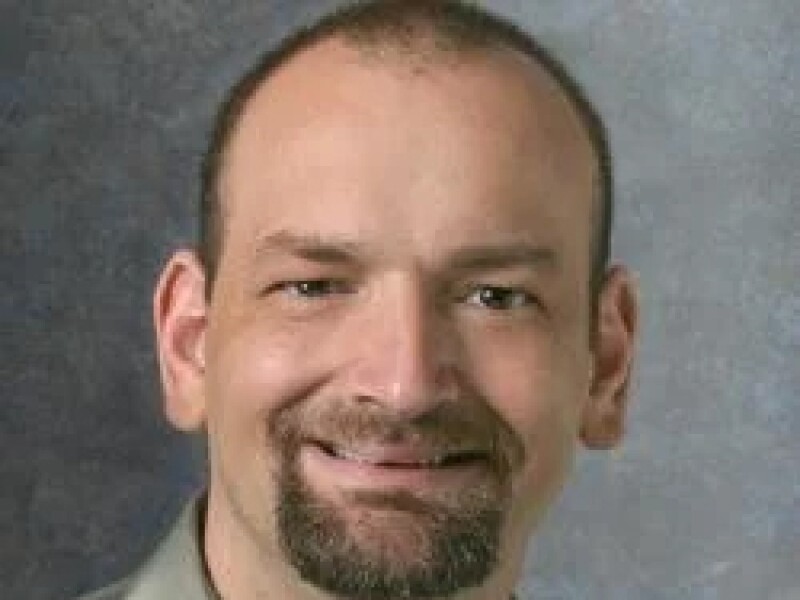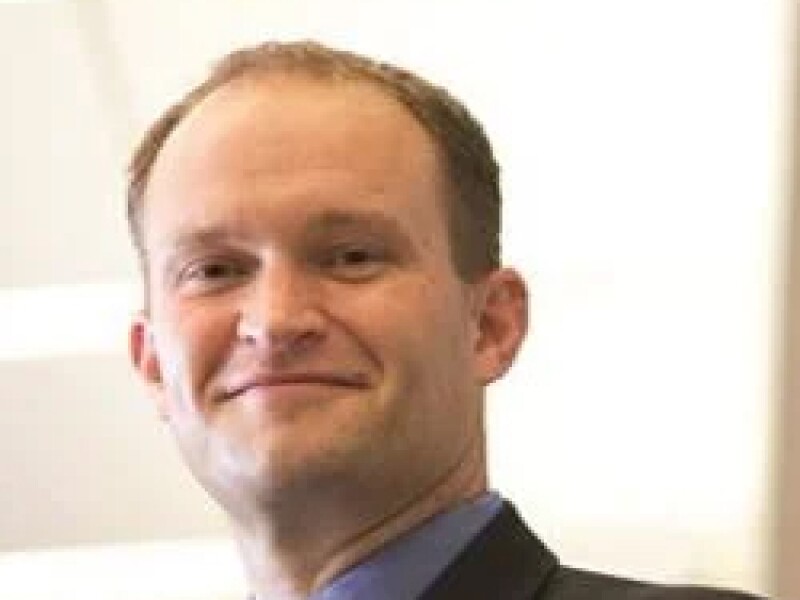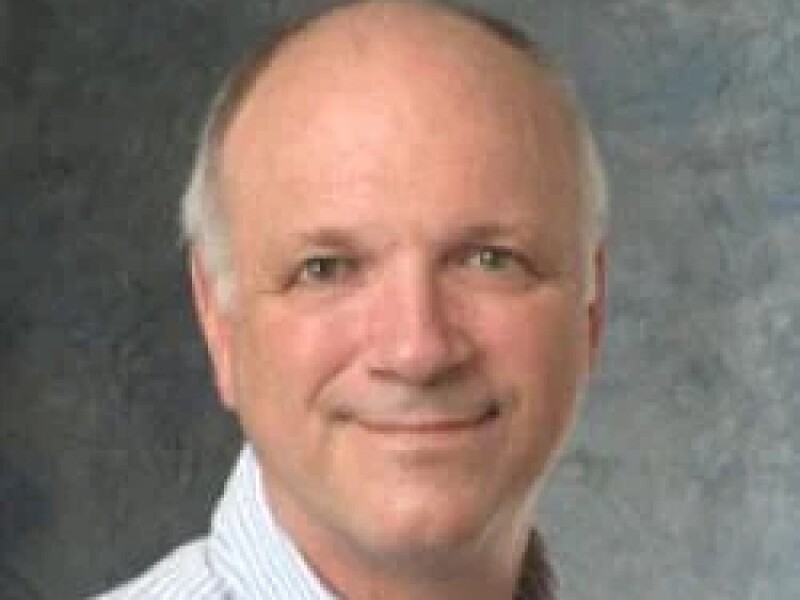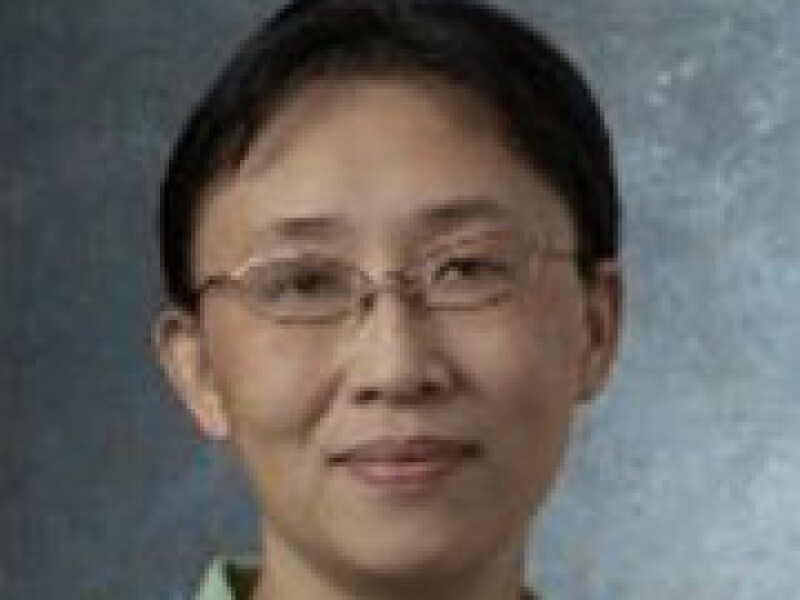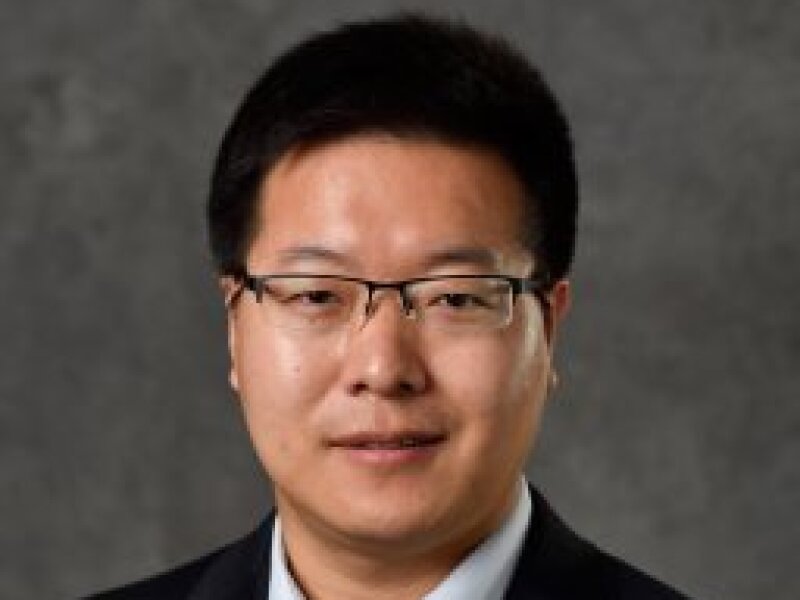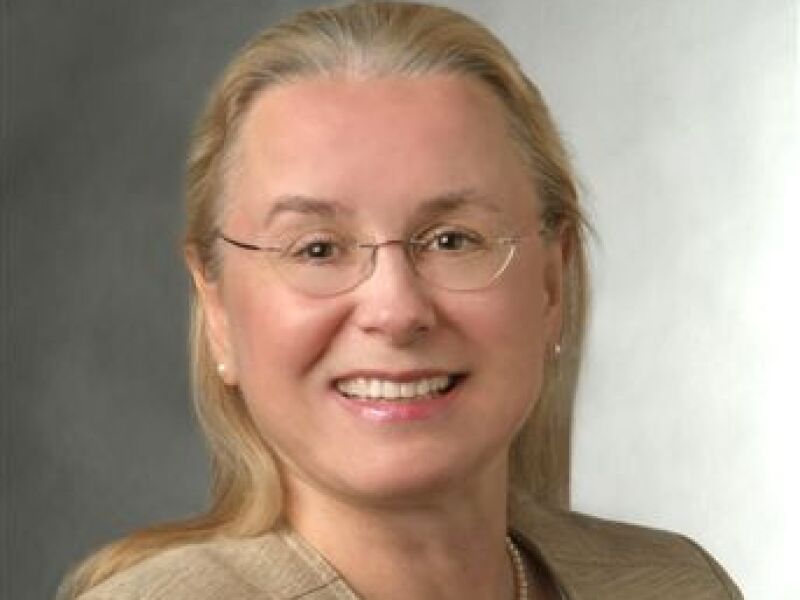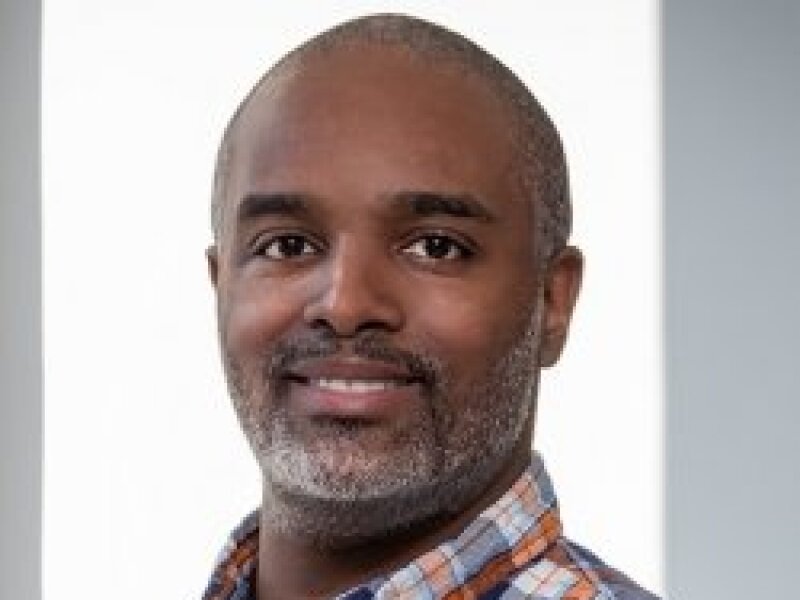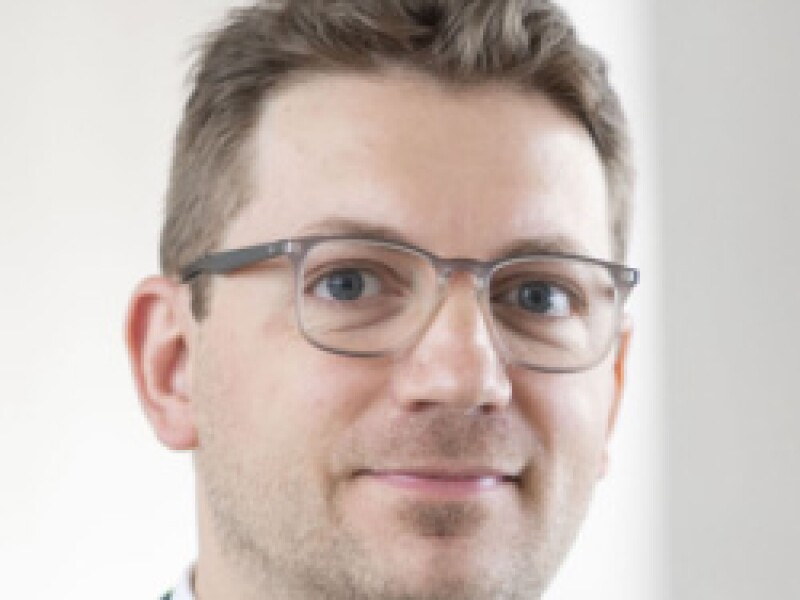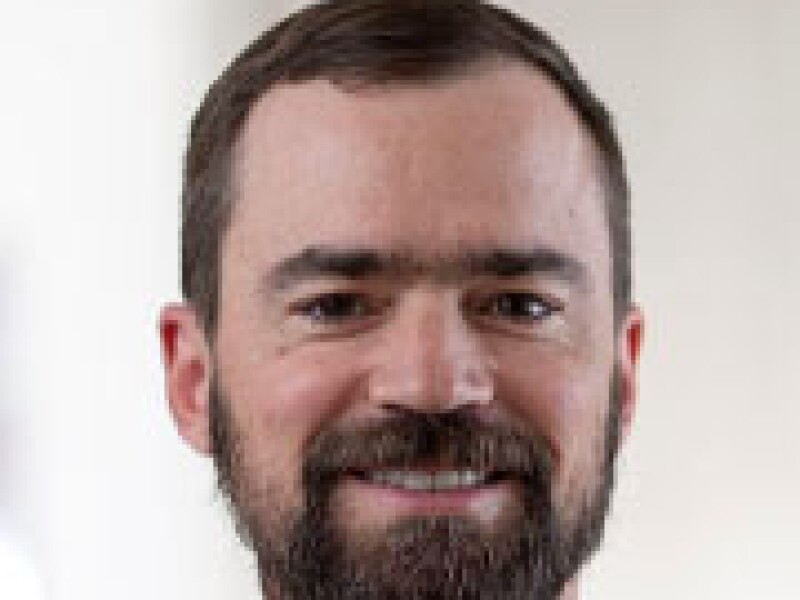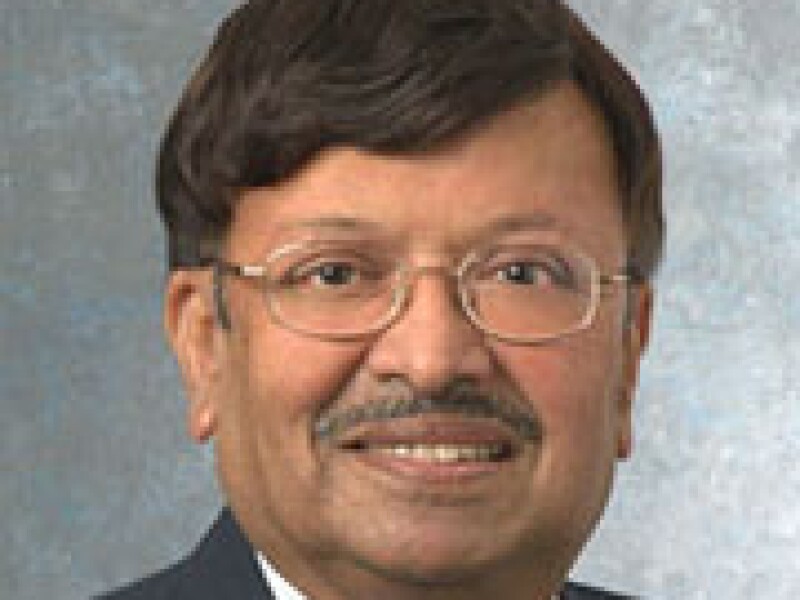Engineering Faculty at CWRU
Learn from renowned innovators.
Our highly regarded faculty regularly participate in cutting-edge research, which informs the education they bring into the online classroom to enhance your graduate school experience. Case Western Reserve's research capabilities benefit from more than 270 partnerships with some of the nation's premier institutions.
Learn more about the faculty that teach in each of our online graduate programs: the Master of Engineering, Master of Science in Biomedical Engineering, and Master of Science in Mechanical Engineering.
Request a Brochure
It was helpful to see and hear the wealth of knowledge and experience that the professors have.
Will S., Master of Engineering ‘20
Admissions Deadlines
Mar
6
Priority Deadline
March 6
Summer 2026 Term
Apr
3
Final Deadline
April 3
Summer 2026 Term
May
4
Start Date
May 4
Summer 2026 Term

